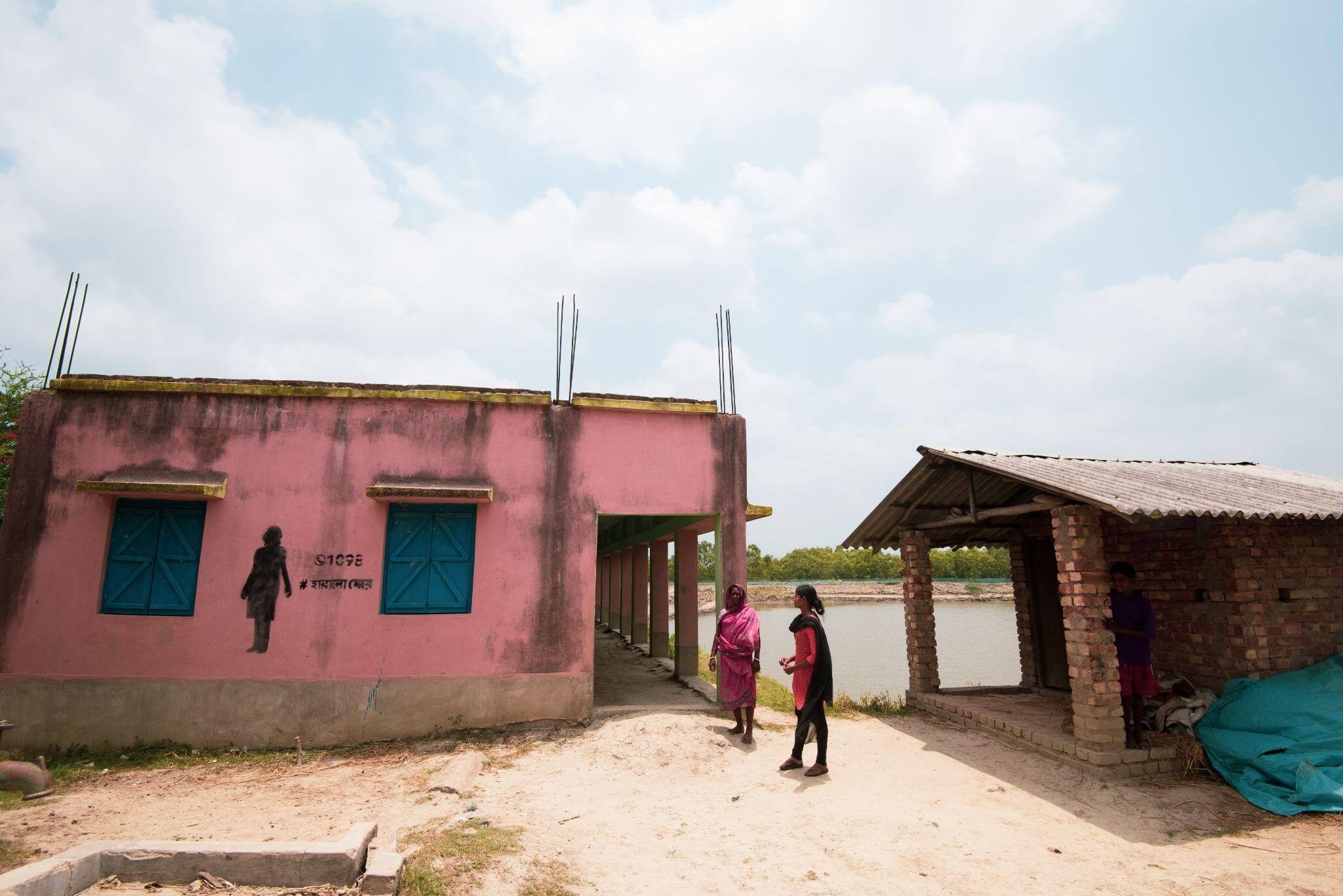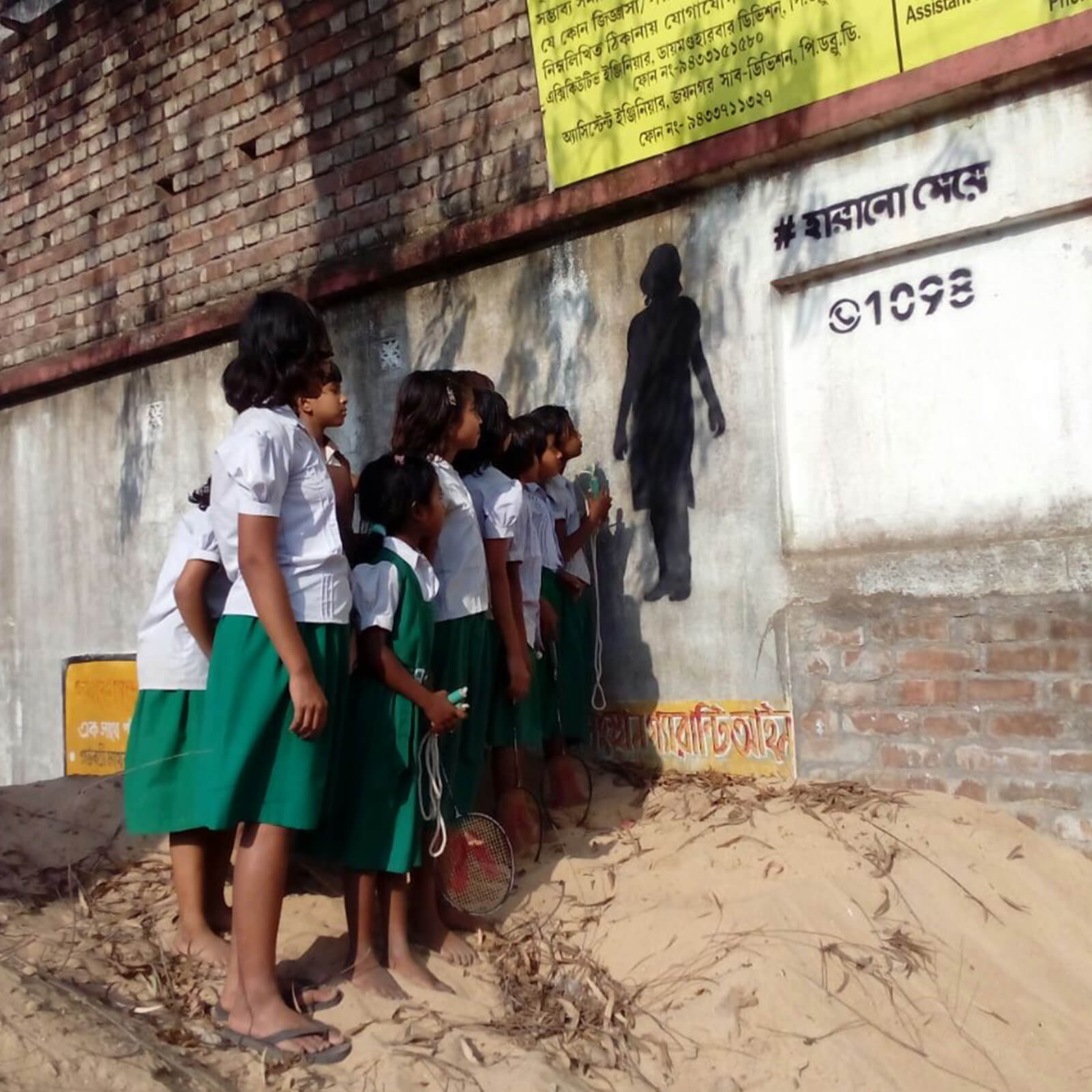Take the Journey of an Impoverished Village Girl in this Open Gaming Experience
- Published: November 22, 2020
- Category: Innovative Tools for Combating Trafficking
 Still from the game © Copyright: Missing Link Trust
Still from the game © Copyright: Missing Link Trust
Change is all around us. There are also paradigmatic shifts happening in the way people think and see – in culture and in consciousness. Sensitivity to subjects that were earlier disregarded are now building. And this sensitivity is being expressed using multiple artistic and performative mediums.
There are currently 2.5 billion active gamers in the world. All across the Internet, organisations and changemakers are joining forces to drive real change through gaming – tapping into the massive potential this demographic holds.
“For me, it was a powerful space with a very big community,” said Kerjiwal. “This space is really important, because there are so many people I want to talk to who are on their computers all the time. I could get this on their computers and into their hands.” The Missing: Game for a Cause is a direct response to Leena Kejriwal’s experiences in the grassroots spaces of the rural trafficking belt and the red light districts of Kolkata.
“In 2015 I came across a game for change and got fascinated by the idea of taking a step into a gaming space which is also known for its a..moralistic content of sex and violence to tell a more moralistic story. Our game developer travelled with me to the different red light areas in Kolkata and then to rural Bengal from where the girls are trafficked. We conducted on-ground research and interacted with survivors to understand the plight of a trafficked girl.” Culminating from this research the game is an interactive game designed to allow players to experience what a girl goes through when she is trafficked into the inhumane and cruel world of prostitution. The player gets into the shoes of the trafficked victim and experiences her frustration, vulnerability and helplessness. Today, the Missing Game for a Cause is a powerful awareness tool for anti-trafficking.

Game Clip © Copyright: Missing Link Trust
By focusing on behavioural changes or sensitising players to the issues at hand, games are increasingly being used as ‘social intervention-popular culture’ tools. Not only are they levellers (explaining difficult subjects without dictating expectations and leaving it to the players’ intellectual and imaginative capabilities), research shows that video games can promote good qualities like persistence, normalisation of failure, that it’s okay to not know an answer and to find unusual solutions.
Games also have the potential to shatter/break stereotypes. No game is played once. You go over it, through it, again and again and in the process you also unlearn and learn. Games sometimes feel real enough to be real life experiences – our brains reorient on a neurological level through games. This can be used to our advantage, to realign our thinking, society’s thinking and help us confront and tackle our biases. If this strategy is used right – the potential is unimaginable.
Social issues have parameters which are difficult to codify. Games are well-suited to communicating a shared understanding of a problem because they allow users to experiment with potential solutions in a safe setting and generate their own mental frames for how it works. This experiential framing by the user forms core beliefs about the issue. In turn, multiple users form these frames on their own and then can connect to share their opinions. Thus games are powerful for creating shared understanding of social problems.
A cause can be transformed into a message through a powerful medium like gaming- and the message goes to a worldwide audience because gaming is rarely barred by national or cultural boundaries – and people across the world engage with the cause just by default (through playing the game).
Why Diverse Games or games for that matter? Because no other medium allows for such an engaging and immersive experience into a narrative like games do. It goes beyond filmic or literary experiences where one is still a distanced reader or viewer whereas in a game, the player takes control of the message of the game, steers the narrative and becomes one with the story – fighting for survival or victory. It is a firsthand tool for understanding and empathy building. Movies are now imitating games in that they are looking at personalised and multiple outcomes (refer Bandersnatch – Black Mirror). The Genre of games is so deep it is even being used in education.
To learn more about Diverse Games and Games for change, you can click on the following links:
https://www.wholewhale.com/podcast/029-role-games-making-social-change/
https://www.kickstarter.com/projects/missing/missing-the-complete-saga
https://facingtoday.facinghistory.org/can-gaming-spark-social-change
https://wpmu.mah.se/nmict181group1/can-gaming-inspire-social-change/
Download the Missing Game for a Cause:
App Store: https://apps.apple.com/us/app/missing-game-for-cause/id1161113559
Play Store: https://play.google.com/store/apps/details?id=com.MissingLinkTrust.Missing&hl=en_IN
Wishlist Missing: The Complete Saga on Steam today:
https://store.steampowered.com/app/1471320/
Watch the Trailer here:

Trafficking And Its Economic Costs – To The Society, The State And The Individual

Addressing The Mental Health Concerns Of Adolescents Within The Anti-trafficking Space
